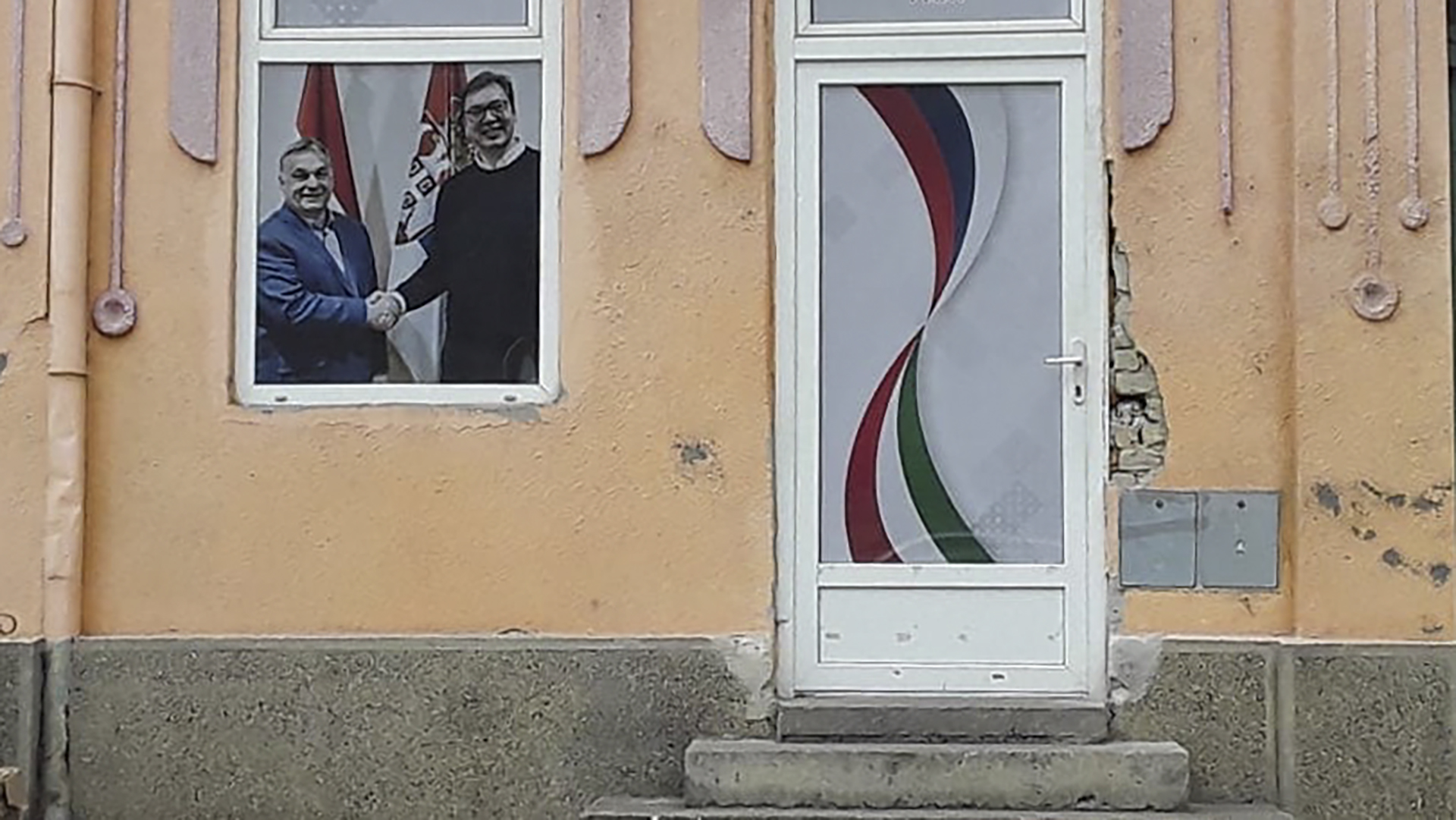
Double elections in Vojvodina
Vojvodina’s Hungarians to vote in two countries' elections in single day.
|31.03.2022
|
After the Alliance of Vojvodina Hungarians, the largest number of political posters in Subotica are from Vučić’s Serbian Progressive Party.
“The money coming from the state funds of Hungary isn't party money but resources that came from taxpayers.”
Norbert Šinković, journalist.
Natalija Jakovljevic
Natalija Jakovljevic has had a long career in journalism, working for a number of media in Serbia. She is also member of the Court of Honors at the Independent Journalists’ Association of Vojvodina.
This story was originally written in Serbian.